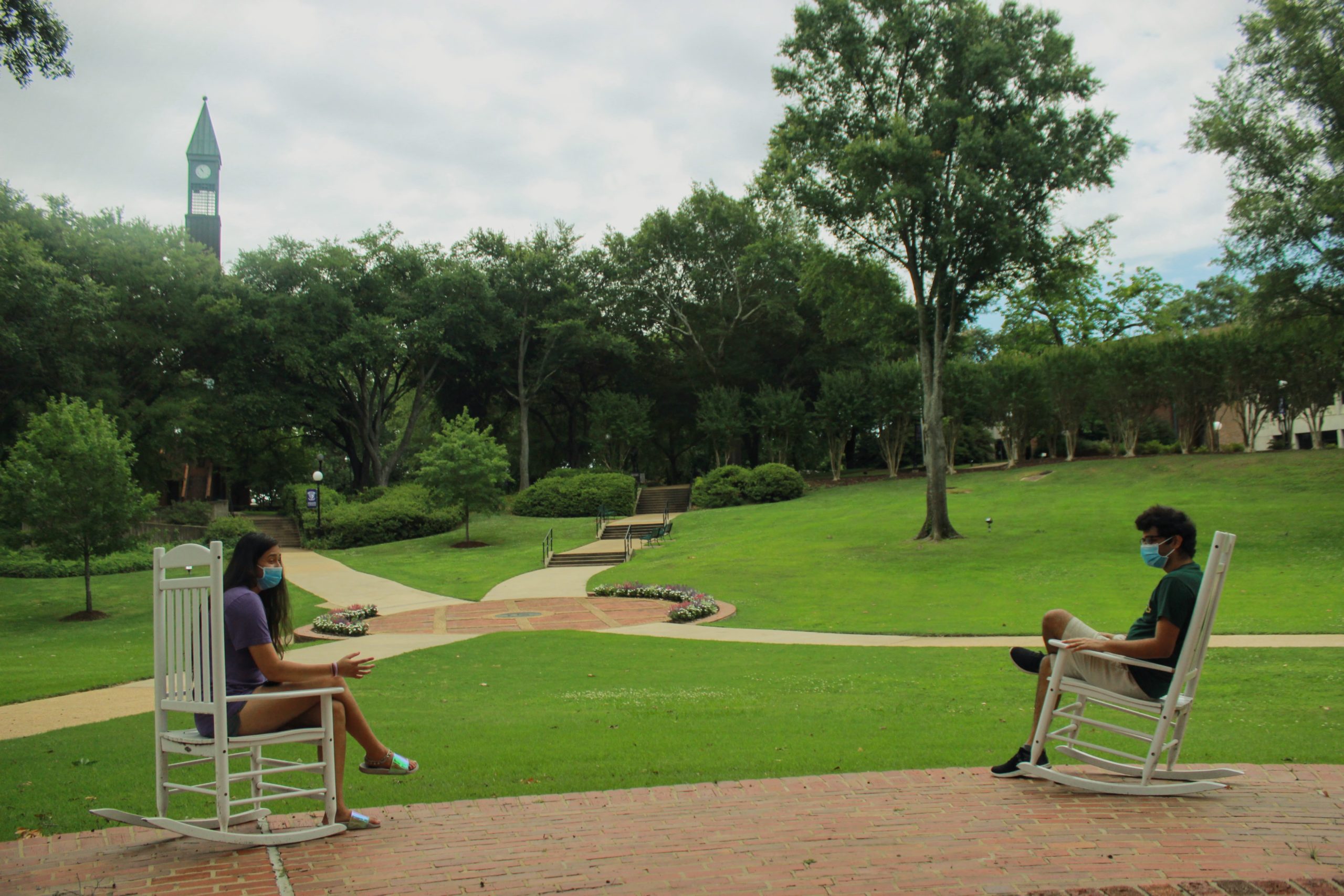As we near the crux of this semester, ensuring safety in our community is of the utmost importance.
While the college has maintained a steady stream of information on resources and services available to students that have helped to keep COVID-19 cases relatively low throughout the semester, the recent rise in cases across the country casts an eerie shadow as we approach the finish for this semester.
“As it relates to next semester, I am nervous because people will be coming from an extended break.”, said Areial Thomas, a senior and president of the Pan-Afircan Student Alliance (P-ASA).
While Thomas said she was satisfied with the college’s isolation policy and the fact that we are staying on campus, since the environment is better for her workload, she expressed concern about what could follow when students return once more.
“The college has already requested that we quarantine upon our arrival back— which is good… but I just don’t know. Hopefully the world doesn’t get shut down again,” she said.
As of Monday, November 23, the cumulative total of cases on campus among students is 57, a relatively low number compared to the overall student population. John Conway , director of Campus Safety, outlined that these low numbers are indicative of a greater student response to protocols for social distancing, wearing masks in public, sanitization and others. He states this has helped both security and the college administration as the pandmeic has raged on.
Conway is but one part of the larger array of committees the college put together around March, when the news of the rapid spread of the virus first began to emerge, specially the readiness committee that was responsible for formulating and implementing proper safety protocols for when students returned.
Although neither he nor campus security are wholly responsible for the enforcement of the college’s policies – which include a strict mask mandate, spread out seating, proactive reooriing of potential symptiics, etc. – he explained the procedure for students who break these policies.
“Let’s take an egregious case: we’ll take a student who tested positively for the virus, and then refused to stay in an isolated area. Or again, as I said, we looked up and all of a sudden he was walking around the college center or doing things like that”, he said.
“Well obviously that would place our whole community at risk. On a scale of one to ten that would be a nine or ten violation, so we would ask that student to leave campus. He or she might still be able to remotely learn for the semester, but otherwise we would remove them.”
In terms of the plan for spring, Conway hopes that students will continue to adapt to a new normal and understand the scope of the pandemic is beyond “them just getting a virus), and that safety is in the best interest of our whole community.
In addition to continuing to follow directives provided by the city of Jackson and the state, students – and faculty – are expected to continually monitor their symptoms on a daily basis, as limiting the spread will largely depend on personal responsibility.
“I think to some degree it’s also been that students realize that it’s in their own best interest to keep our campus safe. It allows them a better environment to study. For student athletes certainly it allows them the chance to practice and do the thing they love doing as an extracurricular activity. It’s just the best overall in the big picture”, Conway said.
Remote and hybrid class opportunities will still be made available for students come Spring 2021.
